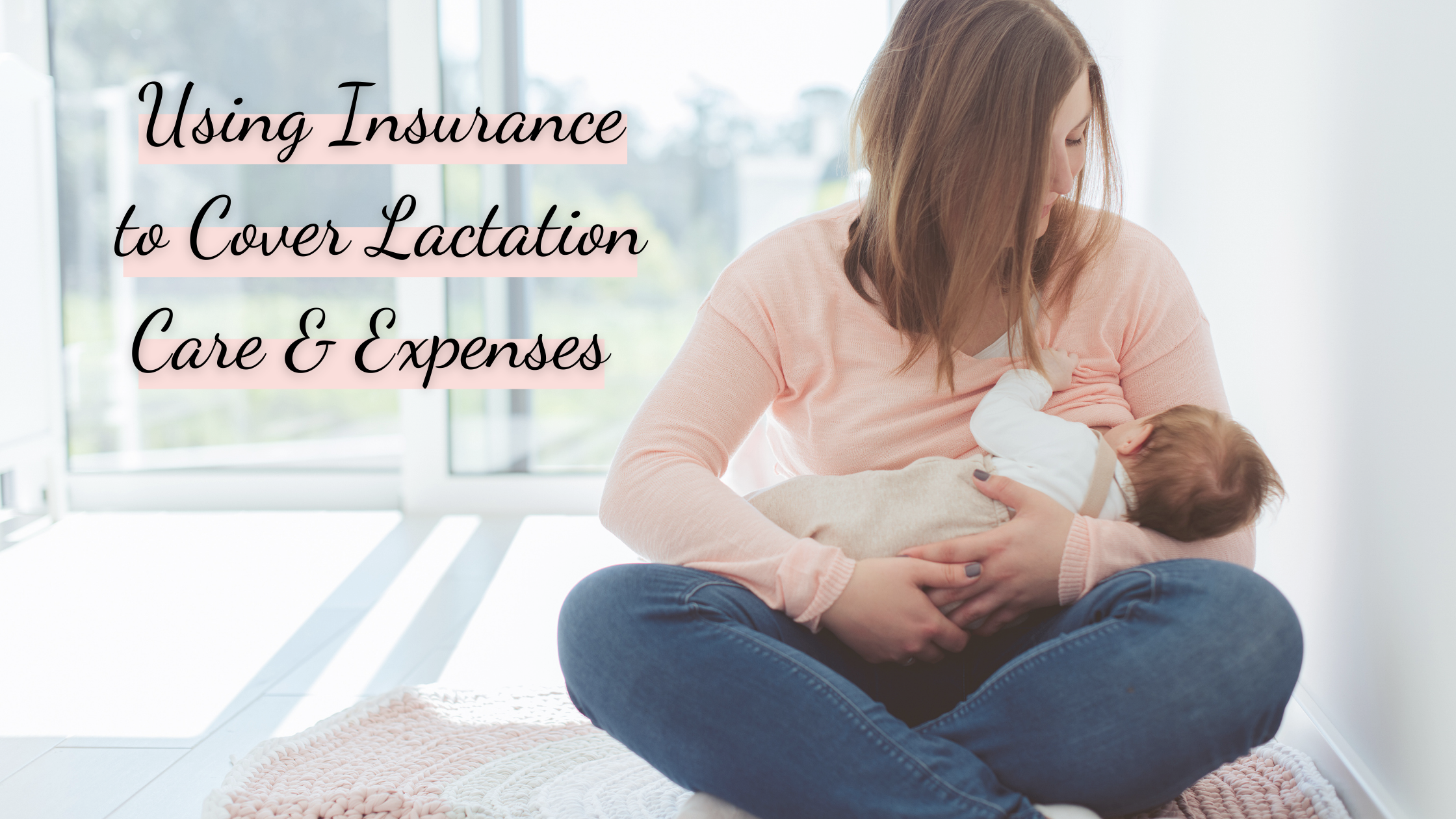Insurance Coverage & Lactation Care
In 2010, the Affordable Care Act was signed into law, and along with it came laws and regulations to help support breastfeeding families across the country. Awesome, right?!?
Well…yes - in theory at least! In actuality, when it comes to exactly what is covered, the wording around breastfeeding services in the ACA is anything but clear. The majority of states interpret the mandates differently from one another in their breastfeeding protection laws, and the same goes with insurance companies and the benefits they extend to their subscribers.
The Affordable Care Act states:
“Health insurance plans must provide breastfeeding support, counseling, and equipment for the duration of breastfeeding. These services may be provided before and after birth.”
When it comes to seeing a lactation consultant, some insurance plans have great coverage and unfortunately some just don’t. Great coverage looks like up to 6 visits without co-pay or cost sharing, and plenty of in-network providers to choose from (here’s looking at you, Aetna)! Others are at the opposite end of the spectrum (boooo, Tricare!) and require that your lactation care provider must also be a doctor, physician assistant, nurse practitioner, nurse midwife, or registered nurse. More often than not, this means you get to see someone for 5 minutes during a rushed well-check for you or baby. This doesn’t compare to having a full, 1.5-2 hour (longer for multiples) consultation with an IBCLC, where your concerns are heard, baby’s latch and oral anatomy is assessed, a care plan is developed, and follow up is provided to make sure the strategies given are working.
Hopefully in the future, coverage will be more universal and be less of a headache to navigate. In the meantime, a great way to sort this out is to do one of two things:
Follow this link to find out if I am directly in network with your plan (currently Aetna, UHC, UMR, Cigna and more).
Call your insurance company and ask about your lactation coverage. Here are some suggested questions:
Can you explain my coverage for the following: prenatal breastfeeding classes, breast pumps and supplies, counseling or visits with an IBCLC (expert-level lactation consultant), hospital grade pumps (especially important with multiples)?
Am I required to see an IBCLC that is in-network? If so, who is in-network in my area?
(Note: This shouldn’t be a list of OB-GYNs, pediatricians, or hospitals. Yes, IBCLC’s might work at those places, but typically their roles are NOT to provide full consultations, just a bit of help during another type of appointment.)
If there is no list of in-network options or providers, can you me the percentage or dollar amount I will be reimbursed after being seen by an out-of-network provider? Contact me here if they are asking for specific coding.
How exactly do I submit a claim if I use an out-of-network provider?
(Note: Make sure you get a step-by-step process, including contact info for where/who you need to submit information to.)
If you going through insurance just isn’t working out, it is important to know that Breastfeeding Services (and IBCLC home visits!) are also considered an eligible expense through your flexible spending account (FSA), health savings account (HSA) or health reimbursement arrangement (HRA). If you have one of these plans, contact your HR administrator to find out more details.
**After a consultation you will be provided with an itemized medical receipt or “superbill” that gives you the best shot at reimbursement. Often this and a doctor’s note are the only documentation your insurance company or HSA/FSA/HRA plan needs. **
Finally, we will leave you with one of the best online resources out there. The National Women’s Law Center has a Breastfeeding Toolkit you can download that includes tons of information about your rights and how to go about appealing if your claim is denied. You can contact the National Women’s Law Service directly at 1-866-745-5487 or email prevention@nwlc.org if you have more questions or need assistance.
We hope this was helpful! As always, Full Hearts Collaborative is there to support you through your breastfeeding and/or multiples journey. Feel free to comment below, or reach out with any feedback. For Inquires on classes or to book a consultation, fill out this contact form and we will get back to you as soon as possible.



